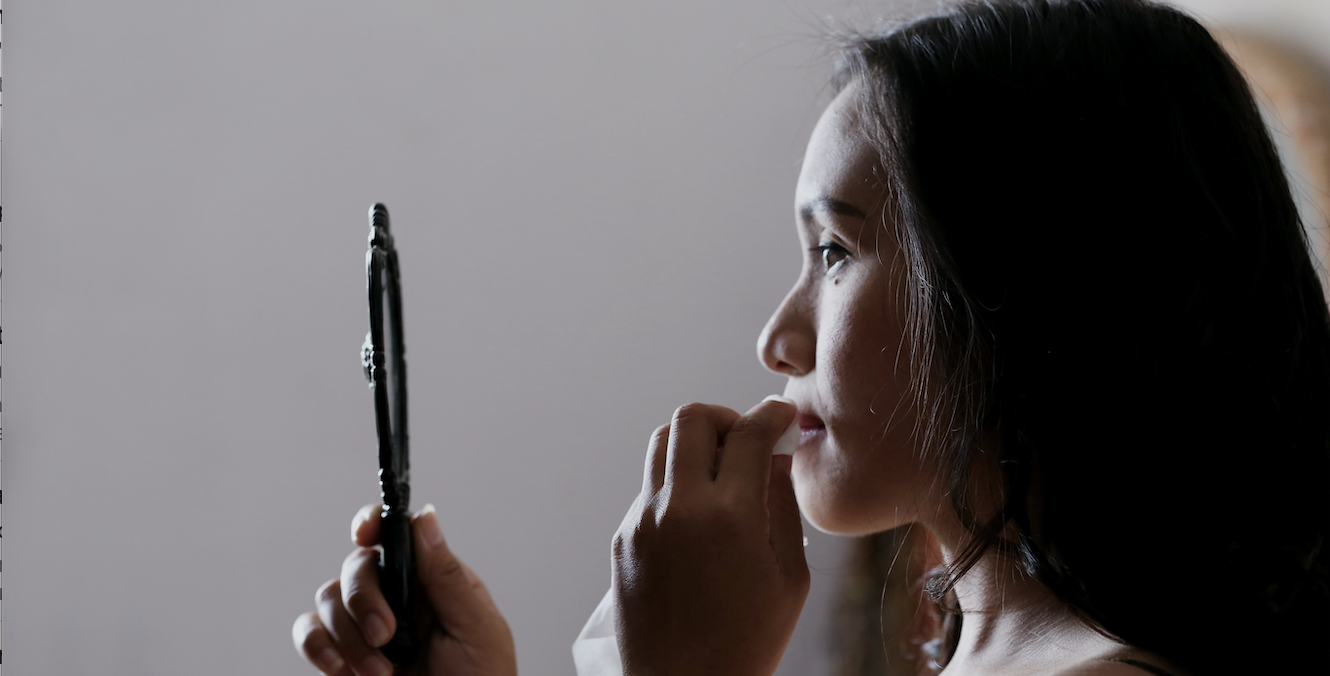
Life&Style Writer Hannah Ford offers a critique of the rigid beauty standards upheld on social media, noting how Generation Z has been negatively affected
It is news to no one that the rise of social media has had extreme impacts on the generations raised with it. Articles titled ‘Social media triggers children to dislike their own bodies’ and ‘How a Weight-Loss Trend on TikTok Might Encourage Eating Disorders’ are now commonplace in the media and underline the permeation of online beauty standards into everyday life. But how do these standards manifest in the lives of young people today, and what do they mean for the inclusivity movement that Gen-Z has always seemed to champion?
“From the era of Tumblr to Instagram, and now TikTok, this generation has been a guinea pig for the digital sphere
Gen-Z is one of the first generations to grow up with the internet and social media being integral parts of their lives. From the era of Tumblr to Instagram, and now TikTok, this generation has been a guinea pig for the digital sphere, and we are only now discovering the ramifications of this. I believe this has crafted a generation more obsessed with self-perception than any before.
Curated online accounts, an obsession with aesthetics, and impeccable-looking feeds illustrate this, highlighting the common desire to achieve an impossible perfection. Even recently on TikTok, we see trends encouraging people to reflect on how they are perceived by others. Are you a ‘downtown girl’? A ‘clean girl’? A ‘star girl’? Every beauty and fashion micro-trend is categorised and branded to give young people an aesthetic standard to aspire to, one that most in real life can never truly emulate.
To many, this initially seems like harmless fun, another cycle of trends to keep things interesting. But when perception and outside appearance are placed at such high importance, people’s inability to live up to expectations and standards can create new flaws and insecurities that would have otherwise not existed. Surely this hyper-awareness and obsession with the self cannot be a positive thing.
“…the use of social networking sites causes unfavourable social comparison
Research has suggested that the use of social networking sites causes unfavourable social comparison and is strongly linked to low self-worth and poor self-perception of both appearance and social acceptance. In recent years, this idea has been adequately diagnosed as ‘digitised dysmorphia’. Essentially, the pressure to conform to digital beauty standards that often involve altered, edited, and filtered content, can result in ‘disparate relations between women’s bodies and their digitised images’.
This dysmorphia is something the beauty industry easily profits from, with surgical enhancements, extreme skincare, and new fitness regimes being peddled to the masses. Beauty clearly comes at a cost, and it is one that not everyone can pay. We look to celebrities like Kylie Jenner and Bella Hadid for comparison, when, in reality, many of these people have access to beauty treatments and surgeries that the average person does not. It is this normalisation of going to extreme lengths for beauty that has caused twelve-year-olds on TikTok to begin using retinol and anti-aging skincare, and has triggered the highest annual rise in cosmetic procedures since 2004.
It is no wonder, then, that a generation so consumed in revived beauty standards and appearances seems to be turning its back on the movement for inclusivity and diversity that began in the last decade. Indeed, after years of calls for body diversity, the new, rebranded, and more inclusive version of the Victoria’s Secret show seemed to grossly backfire. Many in the online sphere seem to be calling for the return of unattainably beautiful and thin supermodels, arguing that their unrelatable looks were the whole point to begin with. The inclusivity drive of recent years seems to have been met with the era of Face Tune, filters, and Photoshop, undoing much of its progress.
These standards and ideals are, of course, hard to resist. It is not enough to merely acknowledge them, as I have done in this article. We should be making a conscious effort against them. However, in a world where ‘pretty privilege’ defines our treatment and social media pervades much of our lives, simply opting out is no small task.
Read more from Life&Style:
The Perils of Productivity TikTok
Comments